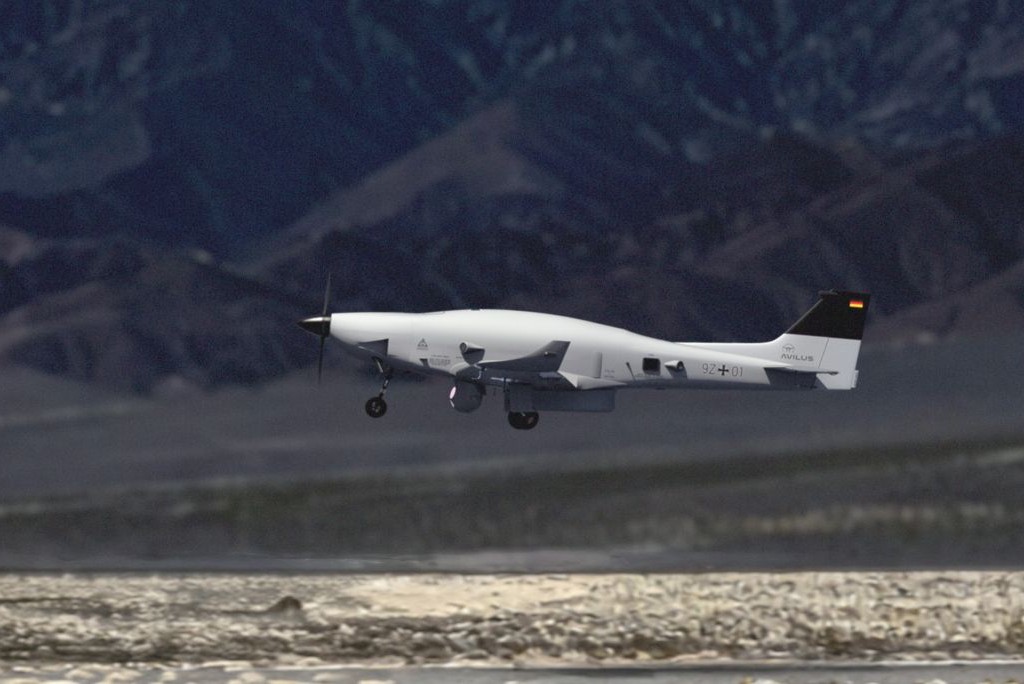Microsoft Expands Azure OpenAI Availability for U.S. Government Workforce
On a groundbreaking move announced this past Wednesday, Microsoft has gained authorization from the Defense Information Systems Agency (DISA) to broaden the availability of its OpenAI-enabled Azure services across all government classification levels. This significant step allows federal agencies and their workforce to leverage advanced AI capabilities, marking a major advancement in the integration of artificial intelligence within government operations.
DISA Authorization and Its Significance
The DISA recently cleared the Azure OpenAI Service for workloads classified at Impact Level 6, which means that it can now handle all types of U.S. government data, including the most sensitive. This provides federal government personnel access to state-of-the-art tools like OpenAI’s large language models. The broad capabilities offered extend beyond mere text generation; they encompass Microsoft’s speech recognition, translation services, text classification, entity extraction, and even more, catering to various operational needs.
The authorization process was not a quick undertaking. Initially granted in early February, this clearance underscores the rigorous requirements necessary for government cloud services. The pivotal role played by DISA in vetting such critical tools speaks volumes about the commitment to security and resilience, particularly when it comes to national security operations.
Microsoft’s Vision and Commitment
In their official blog post, Microsoft emphasized its dedication to providing U.S. government customers and their partners with superior AI capabilities through its Azure cloud offerings. The company stated, “These capabilities are critical to enabling government customers and industry partners to transform America’s world-leading AI advancements into next-generation military and national security capabilities.” This commitment reflects Microsoft’s ambition to not just lead in commercial AI but also to empower various government sectors to operationalize cutting-edge technology in their missions.
The authorizations now in place for Microsoft Azure’s AI products include comprehensive compliance with FedRAMP High, Department of Defense (DoD) Impact Levels 2-6, and even top secret operations at the ICD503 level. With these permissions, federal workers and their collaborators can deploy AI tools for a wide array of mission objectives, potentially streamlining processes and enhancing operational effectiveness.
A Long Road to Integration
Microsoft’s journey towards obtaining government approval for its AI software has been extensive and layered. The integration of advanced services such as Chat GPT-4 into the Azure Government Top Secret Cloud was a milestone confirmed in May 2024. This capability illustrates not just a technological achievement but also a strategic vision by Microsoft executives that has been years in the making; ambitions that date back to discussions in 2021.
This endeavor has required deep collaboration between Microsoft and various governmental bodies, ensuring that the solutions meet the high-security standards necessary for sensitive data handling. By focusing on innovation while respecting security protocols, Microsoft is paving the way for effective AI usage within government contexts.
Implications for Federal Workforces and Future Developments
The availability of Azure OpenAI capabilities at the highest levels of government classification unlocks new possibilities for the federal workforce. Agencies ranging from defense to intelligence can explore how these AI tools can improve efficiency, decision-making, and communication within their operations. The potential for transformative applications is substantial, encompassing everything from enhanced data analysis to improved citizen engagement.
As federal adoption of AI tools continues to advance, we can expect to see forthcoming developments that will further integrate AI into governmental frameworks. Microsoft’s robust cloud solutions combined with AI could redefine how federal agencies approach challenges, innovate solutions, and serve the public.
In summary, Microsoft’s recent achievements in obtaining DISA authorization mark a significant milestone for the integration of AI within U.S. government operations, promising enhanced capabilities and strategic advancements for federal workforces across the nation.





